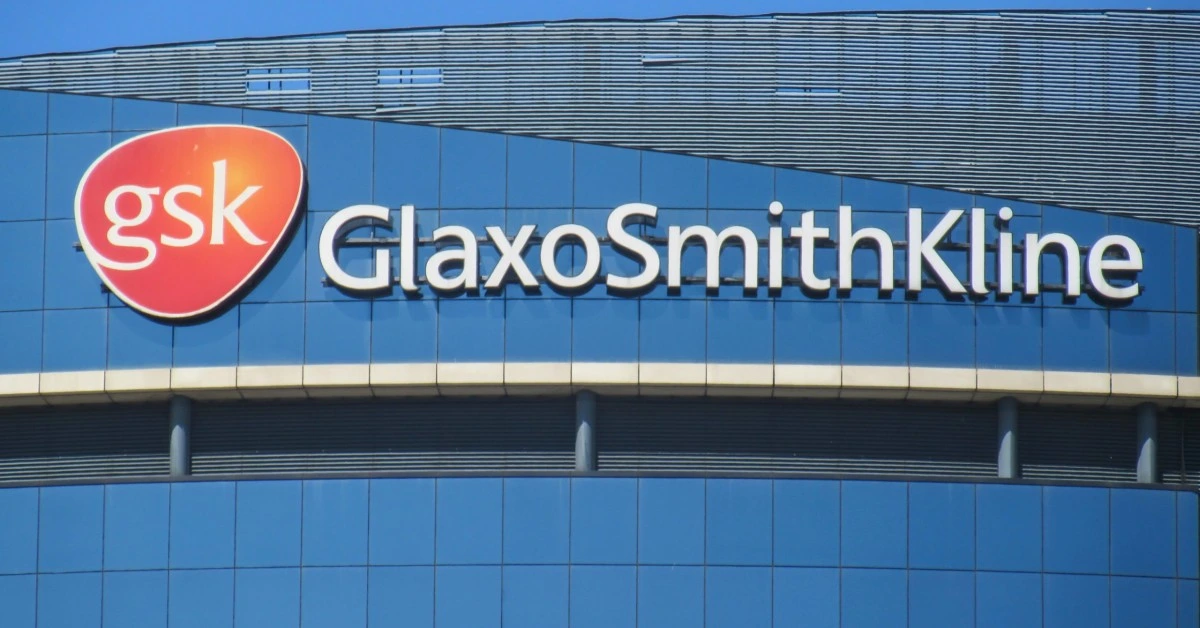
U.K. – GlaxoSmithKline (GSK) has announced encouraging results for its blood cancer drug, Blenrep, showing a significant reduction in the risk of death among multiple myeloma patients when combined with the therapy BorDex.
This development could pave the way for Blenrep’s reintroduction to the market after being previously withdrawn by both the FDA and European Medicines Agency.
According to GSK, combining Blenrep with BorDex extends the lives of patients with relapsed multiple myeloma, a crucial finding that emerged from the late-stage DREAMM-7 clinical trial.
The company described the trial results as “potentially transformative” for patients and believes this new data could persuade regulators to approve Blenrep once again.
Earlier this year, a combination of Blenrep and another treatment, PomDex, showed positive results in slowing disease progression.
With the recent findings, GSK has resubmitted Blenrep for regulatory approval in the United States, Europe, and Japan.
Addressing unmet needs in cancer care
Blenrep, also known as Belantamab Mafodotin, is an antibody-drug conjugate designed for patients with relapsed or refractory multiple myeloma.
Originally pulled from the market due to clinical trial challenges and high corneal toxicity, Blenrep now shows new promise with enhanced safety measures.
GSK projects that, if approved, the drug could achieve annual sales surpassing £3 billion (around US $3.8 billion), though this figure is not included in GSK’s current financial outlook.
GSK’s Chief Commercial Officer, Luke Miels, is optimistic about Blenrep’s potential, remarking that the drug has shown “statistically significant and clinically meaningful improvements” over existing therapies.
The DREAMM-7 trial results indicate that Blenrep, in combination with BorDex, slashed the risk of progression or death by 59% compared to the standard treatment, Darzalex-Vd.
Competing in the Cancer Therapy Landscape
If reapproved, Blenrep would enter a competitive market alongside major players like Johnson & Johnson’s Darzalex and CAR-T therapies, such as J&J and Legend Biotech’s Carvykti.
These therapies target the same BCMA protein found in multiple myeloma cells, though each employs a different mechanism.
In a recent phase 3 trial, Carvykti showed a 45% reduction in death risk compared to other second-line therapies, setting a high bar for Blenrep’s performance.
Despite the competition, GSK sees an advantage in Blenrep’s accessibility as an “off-the-shelf” therapy, meaning it can be more readily available for patients in community settings.
Miels pointed out, “While CAR-T therapies are limited to specialized treatment centers, about 70% of multiple myeloma patients are treated in the community.”
Additionally, Blenrep’s safety profile, though linked to eye toxicity, may be more manageable than the immune and neurological side effects associated with CAR-T therapies and T-cell engager treatments.
Blenrep’s potential as a standard cancer therapy
GSK is also preparing to launch a new phase 3 trial by the end of 2024, aiming to test Blenrep in patients with newly diagnosed multiple myeloma who are ineligible for stem cell transplants.
This expansion into earlier treatment settings could solidify Blenrep’s role as a core treatment option in the fight against multiple myeloma.
Full results from the DREAMM-7 trial will be shared at the upcoming American Society of Hematology meeting in December, offering further insights into Blenrep’s performance and potential impact.
XRP HEALTHCARE L.L.C | License Number: 2312867.01 | Dubai | © Copyright 2025 | All Rights Reserved